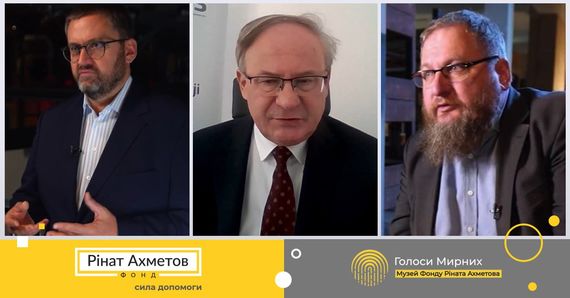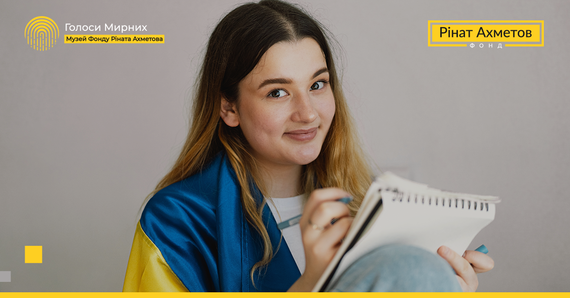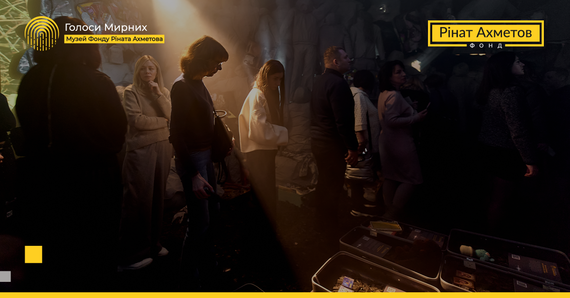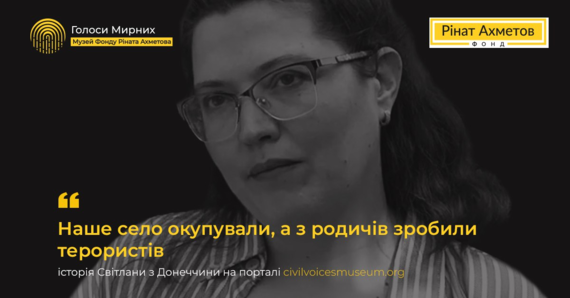The Trial of the Genocide of Ukrainians Continues in The Hague: Comments of Experts for the Museum of Civilian Voices of the Rinat Akhmetov Foundation

The court hearings are underway at the UN International Court of Justice in The Hague on Ukraine’s claim against Russia regarding the violation of the Convention on the Prohibition of Genocide. Another 32 countries have joined the lawsuit, which was filed at the beginning of the full-scale invasion. The Museum of Civilian Voices of the Rinat Akhmetov Foundation raised the topic of the definition of genocide in the context of the war in Ukraine, and scientists, historians, and experts in the preservation of national memory shared their views on it.
The Museum asked experts the question: “In your opinion, can the crimes of the Russian army against Ukrainians be called genocide of the Ukrainian nation?”
Marek Pietras, the director of the Institute of Political Sciences and Administration at the Maria Curie-Skłodowska University in Lublin:
“Undoubtedly, Russia commits crimes against the Ukrainian people, and these crimes are intentional. If these are intentional crimes driven by the conscious desire to destroy an ethnic group, then this includes elements of the definition of the crime of genocide. And it cannot be ruled out that these crimes should be documented in such categories as the crime of genocide in order to punish the perpetrators who committed them and to bring charges against the regime of president Putin. I think that this is going to be a big challenge after the end of this war, and the Rinat Akhmetov Foundation is doing a great job of documenting these crimes.”
Full interview: Marek Pietras: “This aggression is Russia’s serious geostrategic mistake”
Jan Ołdakowski, director of the Warsaw Rising Museum:
“Looking at what is happening now, we, as the Museum of Warsaw Rising, believe that there is genocide in Ukraine. People are killed there only because they are Ukrainians, because they want to live in a free country, according to their own rules. We see that there are states, such as the Third Reich or Russia, which do not want to allow some nations to be free and secure this freedom for themselves. This is why it is so important to document war crimes at the time when all this happens, as later, when years pass, it will still be possible to demand punishment.”
Full interview: Jan Ołdakowski: “The creation of such a large collection of testimonies is very important for the future, when peace comes”
Piotr Cywiński, director of the Polish Auschwitz-Birkenau State Museum:
“Whether the Russian Army is guilty of crimes against humanity – here, I believe (and I speak as a historian, not as a judge and not as a lawyer), we deal with crimes against humanity. Something different is the crime of genocide, codified after the Second World War in international treaties and UN documents. Every case of genocide is a crime against humanity. But is a crime against humanity genocide? The tribunal court should condemn it. In my opinion, if they say that Ukrainians are not a separate nation and that Ukraine has no right to exist, it means that the intention is to destroy – physically or at least in the minds of people – the entire Ukrainian nation. And together with the committed atrocities, this gives grounds for the consideration of the genocide case by the international court in The Hague.”
Full interview: Piotr Cywiński:
The Museum of Civilian Voices of the Rinat Akhmetov Foundation documents testimonies of civilians about the war, told first-hand, and has collected more than 80,000 stories for now. Share your story on the Museum’s portal or via the toll-free hotline 0 (800) 509 001.



